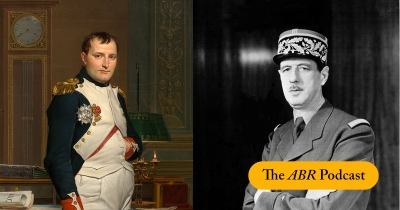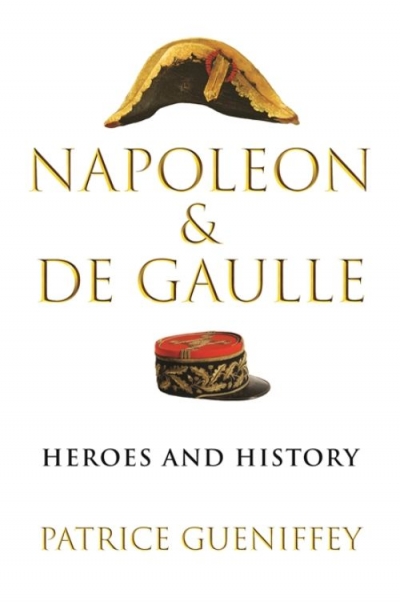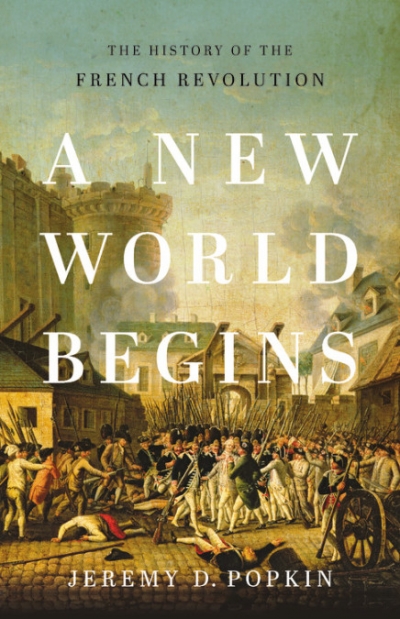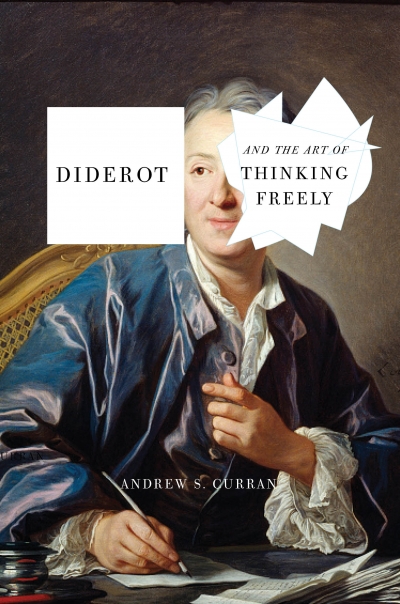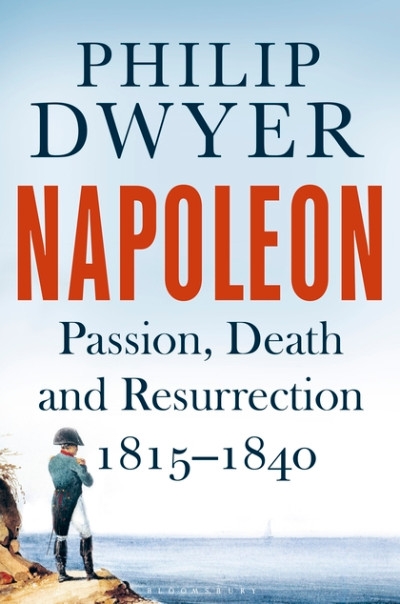Peter McPhee
Film | Theatre | Art | Opera | Music | Television | Festivals
Welcome to ABR Arts, home to some of Australia's best arts journalism. We review film, theatre, opera, music, television, art exhibitions – and more. To read ABR Arts articles in full, subscribe to ABR or take out an ABR Arts subscription. Both packages give full access to our arts reviews the moment they are published online and to our extensive arts archive.
Meanwhile, the ABR Arts e-newsletter, published every second Tuesday, will keep you up-to-date as to our recent arts reviews.
Recent reviews
Napoleon Bonaparte and Charles de Gaulle are two of the most polarising figures in French history. In today’s episode, Peter Rose talks to leading historian Peter McPhee about Patrice Gueniffey’s new book on the lasting impact of these two leaders and the French people’s fascination with ‘great men’.
... (read more)

